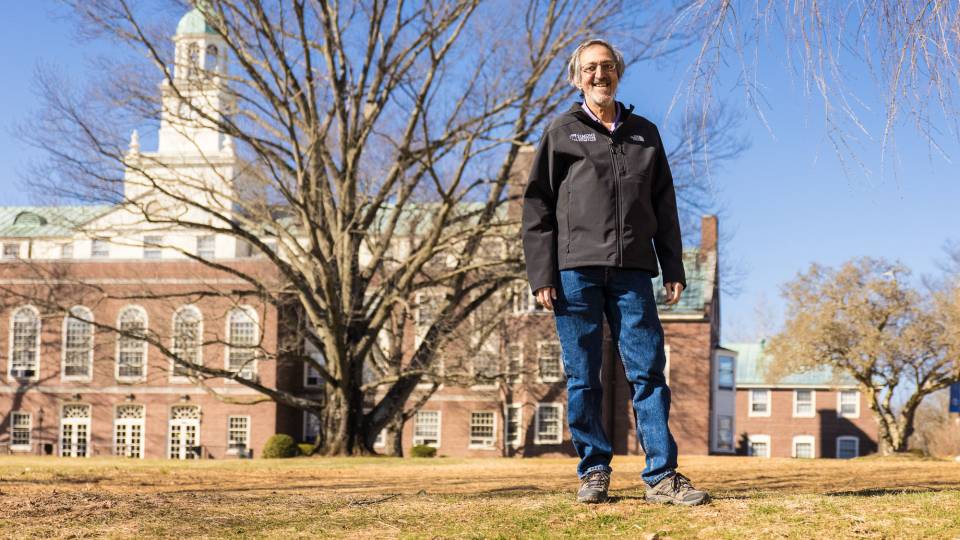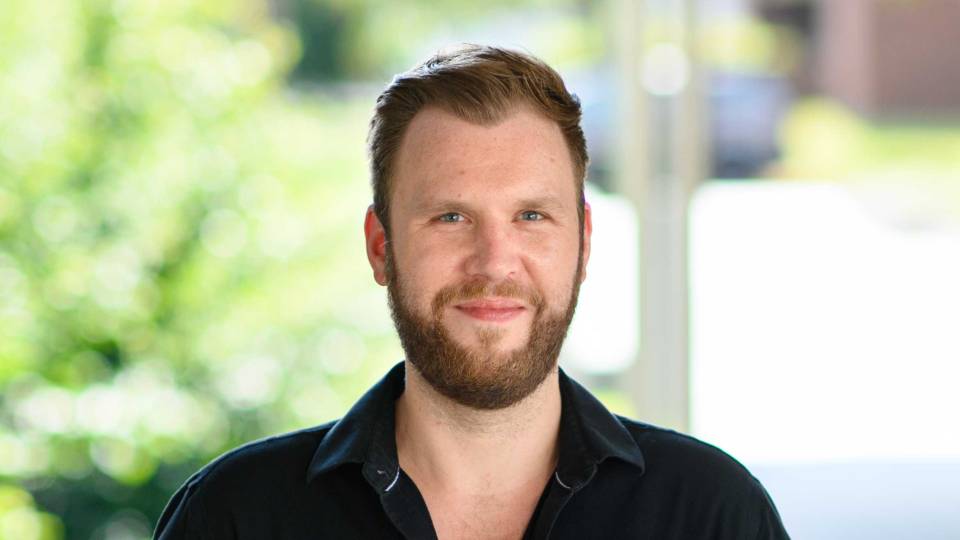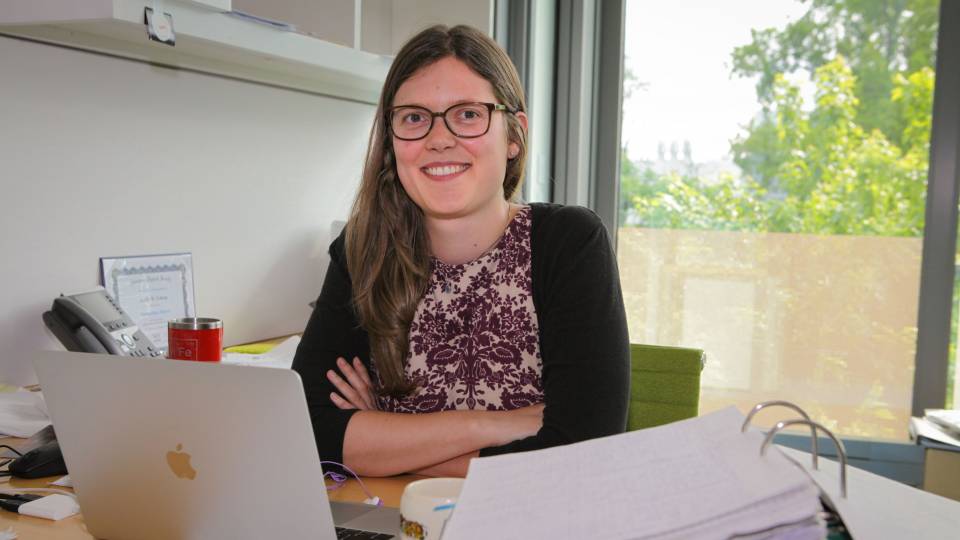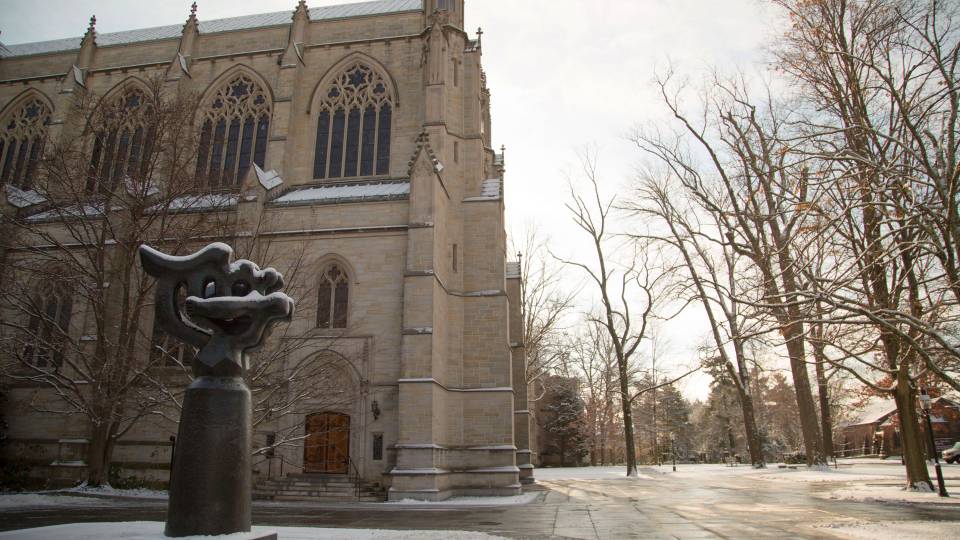The David and Lucile Packard Foundation has named Boaz Barak, an assistant professor of computer science at Princeton, one of 20 new recipients of Packard Fellowships for Science and Engineering. Each Packard Fellow receives an unrestricted research grant of $625,000 over five years.
Barak will use the grant to study cryptography, focusing on developing protocols with proven guarantees of security properties such as confidentiality and integrity.
Before beginning his teaching position at Princeton in 2005, Barak was a postdoctoral researcher for Avi Wigderson in the School of Mathematics at the Institute for Advanced Study. Barak earned his Ph.D. in computer science from the Weizmann Institute of Science in 2004. His dissertation, titled "Non-Black-Box Techniques in Cryptography," won the Association for Computing Machinery's award for best doctoral dissertation in computer science and engineering. Barak earned his B.S. in mathematics and computer science from Tel Aviv University in 1999.
The Packard awards go to "unusually creative researchers" who are in the first three years of their faculty careers. The awards are designed to allow researchers to pursue scientific discovery unhindered by funding restrictions.
"Each year the Packard Foundation is honored to support a cadre of innovative young scientists and engineers who are attacking some of the most important research questions of our time," said Lynn Orr, the Keleen and Carlton Beal Professor at Stanford University and the chair of the Packard Fellowship Advisory Panel. "Their research, and the talented students who will work in their research groups, will continue to have a profound impact on the scientific community for years to come."



